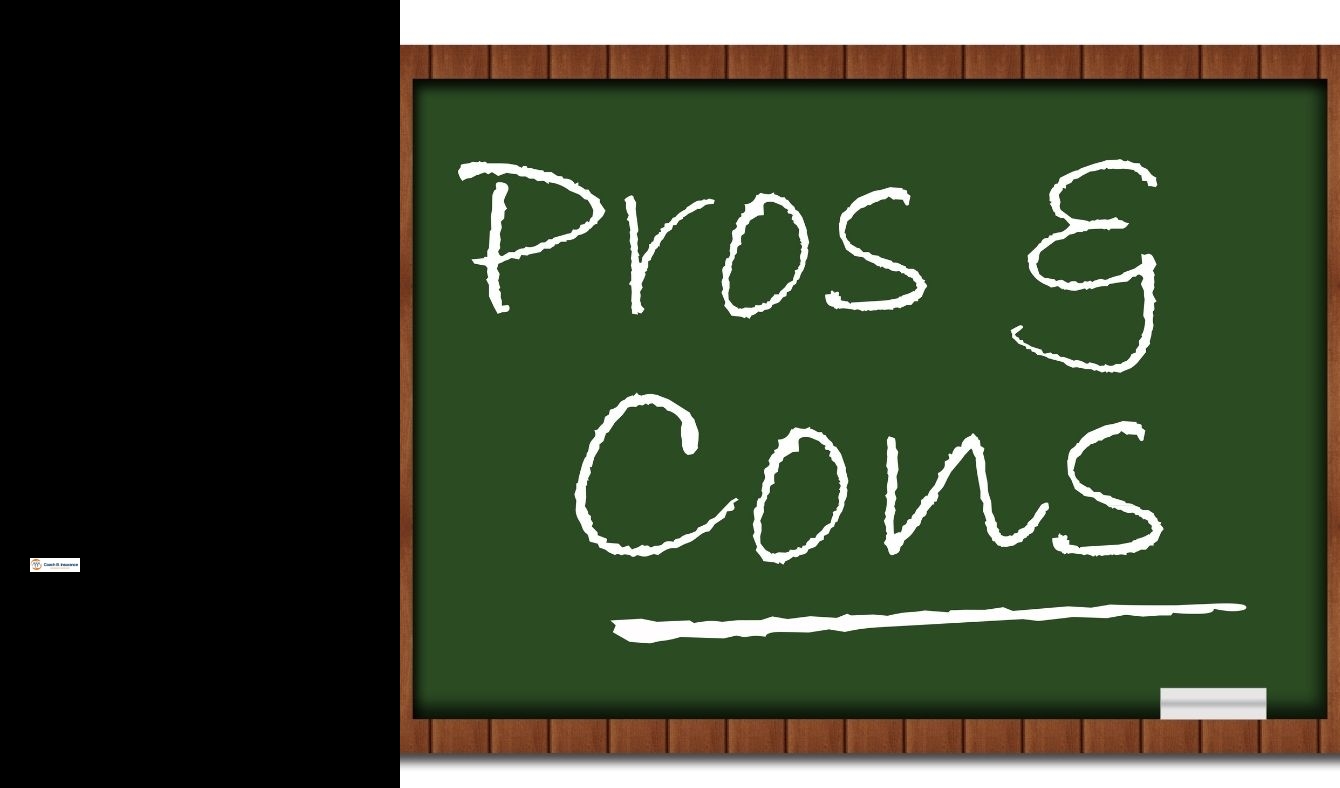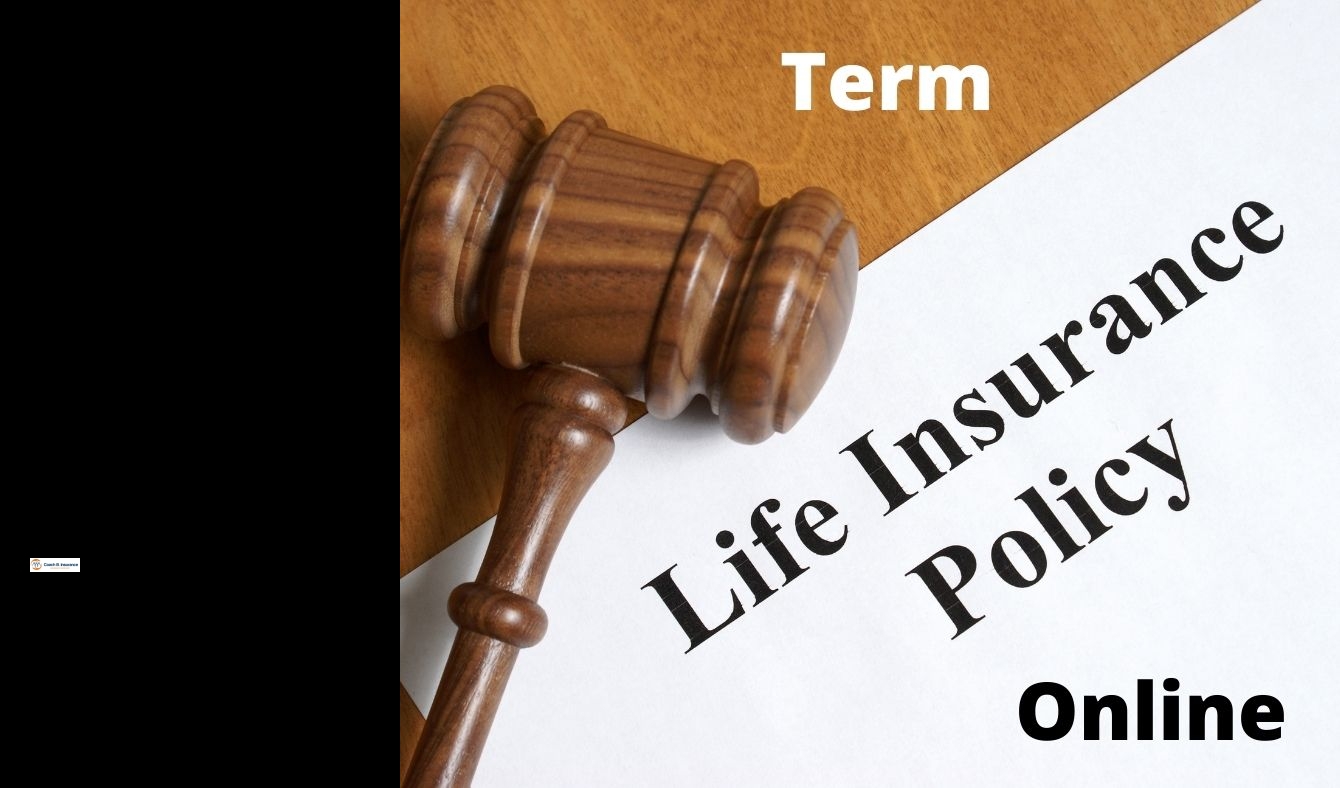term life insurance costs
There are many life insurance policies, but the most common ones are term and whole. Most people find term life insurance to be more practical - it is straightforward, affordable, and only lasts for as long as you need it. But the policy that's best for you will depend on your circumstances, including your financial obligations, income, health, and lifestyle.



